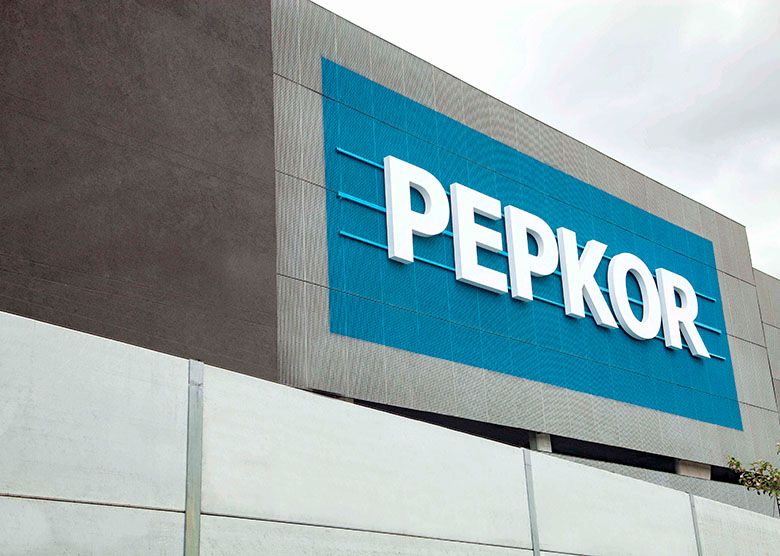Decline in Earnings
Pepkor Holdings (PPHJ.J), a prominent South African discount retailer, reported a 3.1% decrease in half-year earnings, attributing the decline to persistent supply chain disruptions at local ports. These disruptions have significantly impacted the company’s ability to import merchandise.
Challenges at Ports
The backlog at South African ports is primarily due to adverse weather conditions and a lack of investment in equipment and maintenance. These issues, highlighted by the state-owned logistics company Transnet, have created significant challenges for businesses reliant on imported goods.
Operational Adjustments and Prioritization
Despite these challenges, Pepkor has been proactive in addressing the supply chain issues. "Logistics teams are making good progress in flexing the group's distribution capability to deal with supply backlogs, prioritising stock freshness to minimise the risk of markdowns," the company stated. This strategic prioritization aims to maintain the quality of stock and reduce potential markdown losses.
Financial Performance Metrics
Pepkor, which owns well-known clothing brands PEP and Ackermans, reported a decline in headline earnings per share (HEPS) to 75 cents for the half-year ending March 31, down from 77.4 cents in the same period the previous year. However, normalized HEPS, which exclude certain non-recurring items, showed a positive growth of 7.8%.
Revenue Growth and Sales Performance
The company’s revenue saw a robust increase of 9.5%, reaching 43.3 billion rand ($2.36 billion). This growth was driven by a strong performance in the second quarter, particularly buoyed by back-to-school sales and robust Easter trade. PEP, Ackermans, and Pepkor's Speciality businesses all reported double-digit sales growth, underscoring the strength of their market positions.
Improvement in Profit Margins
Pepkor also reported an increase in retail gross profit margins by 200 basis points, reaching 38.1%. This improvement was attributed to better full-price sales and reduced markdown activity at PEP and Ackermans. Additionally, lower shipping costs at PEP contributed positively to the profit margins.
Navigating Challenges and Opportunities
Despite the challenges posed by supply chain disruptions, Pepkor has demonstrated resilience through strategic operational adjustments and strong sales performance. The company continues to focus on maintaining stock freshness and optimizing distribution capabilities to navigate the current logistical challenges. Looking ahead, Pepkor aims to sustain its growth trajectory and further improve its financial performance.




